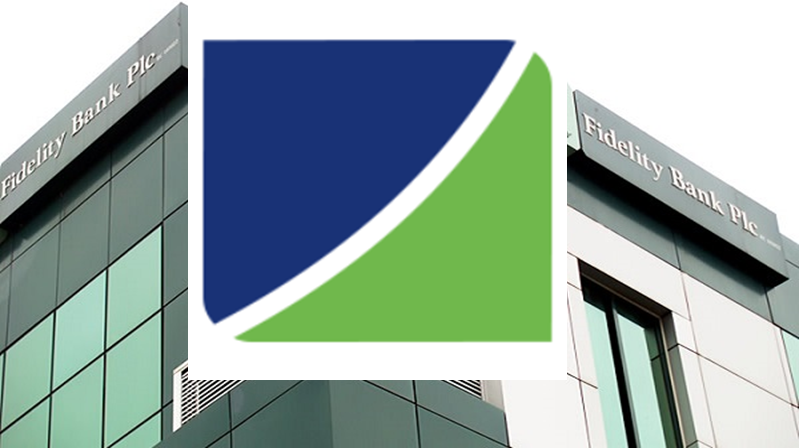The Managing Director/CEO, Fidelity Bank Plc, Nnamdi Okonkwo has said the short term nature of banks deposits is one of the major reasons borrowers cannot access long-term loans in Nigeria.
Speaking at the 2016 annual conference of the Finance Correspondents Association of Nigeria (FICAN) in Lagos, at the weekend, Okonkwo said although banks would want the economy to grow by lending to farmers and other productive sectors of the economy, they are constrained by the nature of their deposits.
According to him, banks deposits are mainly short-term in nature and lending such funds to customers for long-term can lead to asset mismatch. He disclosed that many banks collapsed in the past because of assets mismatch.
“When there is a run in the system, the owners of the short term funds will come for their money and you have to pay them. And if you pay them, the people you gave long-term loans cannot pay up. Then you begin to have distress in the system,” Okonkwo stated.
Speaking on the theme: ‘Nigeria Beyond Oil: Financing Options for Non-Oil Exports’, he said: “A whole lot of people do not realize that banks’ business is to buy and sell money. So, I come to the market to purchase my raw material, which is cash and my finished goods are also cash. Every other thing banks do are added services. Banks get a lot of bashing for not lending long-term. Then I ask you, if as a banker, I know that secret place, where I can find long-term funds, we will be the number one bank in Nigeria today, because I can lend long-term.”
Okonkwo noted that most depositors who have huge amounts to save, invest in short term basis and collect huge interest on such deposits.
“I want borrow N100 million, then bring me one depositor who will place N100 million with me at 10 per cent and I will lend at 15 per cent. Remember that in calculating those 10 per cent of N100 million, what you have actually given me is N75 million because N25 million will be placed with the CBN as Cash Reserve Ratio (CRR). And for me to access N5 million out of the N25 million CRR cash, I have to lend the money for use in industrial production. Then what are your risk assessment criteria if the industrial sector you want to lend to is fighting for breath, “ he asked.
Okonkwo added apart from the CRR, the bank has to also pay five per cent of the N100 million initial deposit to Nigeria Deposit Insurance Corporation (NDIC) premium.
The Fidelity Bank boss also listed lack of right framework as discouraging local banks from lending long term to Small and Medium Scale Enterprises(SMEs). Okonkwo equally decried the problem of lack of infrastructure, such as lack of power, adding that his bank with about 248 branches generate private electricity to power its operations, the level of power that can serve many cities.
He said the Nigerian Export Import Bank (NEXIM Bank) and his bank are taking measures to enhance non-oil export and create wealth for Nigerians. Both lenders, he said, want exporters to explore opportunities presented by the N500 billion non-oil Export Stimulation Facility as well as the expansion of the export credit Re-discounting and Refinancing Facilities (RRF) to develop the economy, stimulate their operations, and create jobs for the people.
According to him, Fidelity Bank is always at the forefront of financial services solutions and lending, stressing that supporting SMEs goes beyond funding.

 Forex1 week ago
Forex1 week ago
 Naira4 weeks ago
Naira4 weeks ago


 Naira7 days ago
Naira7 days ago
 Company News4 weeks ago
Company News4 weeks ago




 Naira3 weeks ago
Naira3 weeks ago


 Naira1 week ago
Naira1 week ago
 Billionaire Watch5 days ago
Billionaire Watch5 days ago
 Banking Sector3 weeks ago
Banking Sector3 weeks ago





















